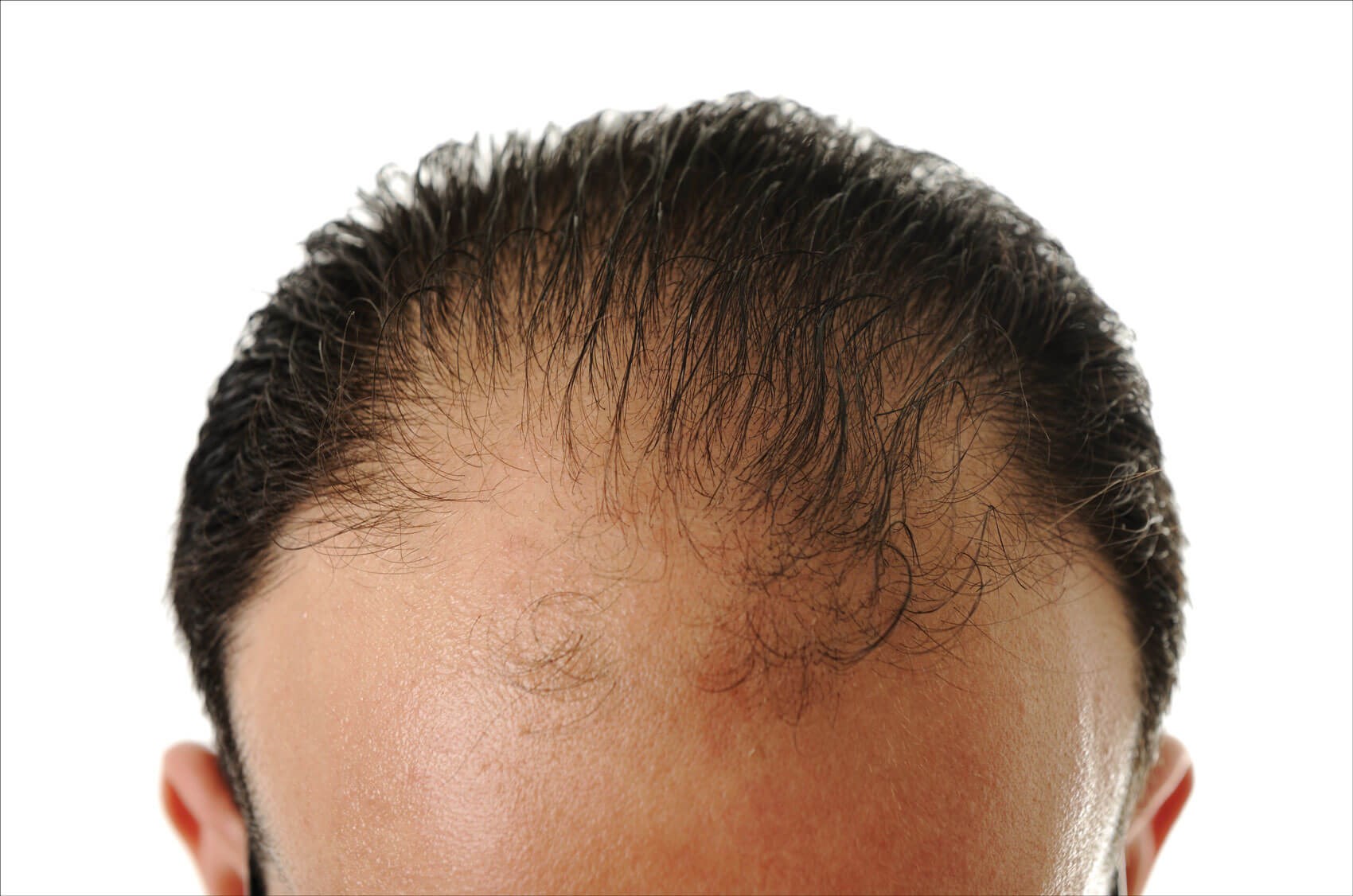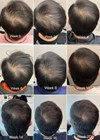

Causes
With a wide range of causes, it’s often the uncertainty of why hair loss has happened which leaves people feeling that there isn’t a route out of the problem. On average we shed between 50-100 hairs a day and although this is completely normal, there are many complex reasons for how hair grows, why hair loss happens and what treatments are available.
It’s widely known that hair loss can be hereditary and that imbalances are caused by hormonal changes during pregnancy, but other factors including poor nutrition, medical conditions like diabetes, and stress can all cause significant thinning or loss of hair. More recently, there are also growing cases of people linking their hair loss to COVID-19.
Biology
Hair grows from the hair follicle and is made of protein cells called keratin. A single hair consists of three layers: the cuticle (outer layer), the cortex (thickest layer, responsible for hair strength, colour and pigment) and the medulla (deepest layer, which is thin and fragile). The hair on our heads typically grows less than half a millimetre a day and each hair follicle repeatedly undergoes a growth cycle that comprises three distinct phases: anagen, catagen and telogen. The biology of hair growth is multi-faceted and in recent years scientists have made huge steps towards understanding what causes hair loss.
Treatments
The current suite of treatments including steroid injections or creams, immunotherapy, light treatment, tattooing, hair transplants and scalp reduction surgery highlight that there are a diverse range of solutions to suit each person’s needs and budget.
Currently, there are two Food and Drug Administration (FDA) approved drugs for pattern hair loss: finasteride and minoxidil. Finasteride is a pill that reduces the hormone that causes male pattern baldness, while minoxidil is a topical solution or foam that dilates blood capillaries, stimulates blood flow and oxygen to encourage nutrients to reach them and hair growth in the scalp.
Popularity boom
The use of low-dose oral minoxidil has seen a boom in recent years. While the oral form is currently off license, several published studies have shown its safety and effectiveness and it has become a widely used method around the world. At £20 for a three-month supply, it is cheaper than the topical alternative (£30 per month).
Topical or oral?
One consistency between both is that they’re a lifelong commitment. Topical minoxidil comes in a solution which is either in a liquid or foam. An adequate option for those with short, thin or sparse hair, but for those with longer hair, it can make their hair greasy, sticky or tacky and hard. Topical also requires daily use on dry, clean hair which is often impractical within people’s daily routines.
"Patients should discuss all the options with a professional and explore a tailored solution that is right for them"
Many patients describe a real fear about ‘dread shed’ (the shedding period after using minoxidil where hair falls out substantially for a period of time). Taken in tiny doses, oral minoxidil is proving to be a less aggressive alternative with many patients reporting less shedding and better regrowth.
Clinical studies have shown that it’s effective for hair regrowth, with side-effects extremely rare in low doses – less than 3% experience the reported swelling of the lower limbs and less than 7% hypertrichosis. When compared to the much higher percentage of side-effects with topical, the vast majority of patients find the former a preferable option.
Hope
Despite being a world-leading choice, it is still not completely understood why minoxidil is so successful. However, oral minoxidil is proving to be an increasingly effective, convenient and more economical option than its topical counterpart. While there are always manageable side-effects, low doses have shown to improve hair thickness and overall hair volume. Patients should discuss all the options with a professional and explore a tailored solution that is right for them. Practitioners should be aware that the use of minoxidil orally for hair loss is considered an off-label indication.
Declaration of competing interests: None declared.
COMMENTS ARE WELCOME








